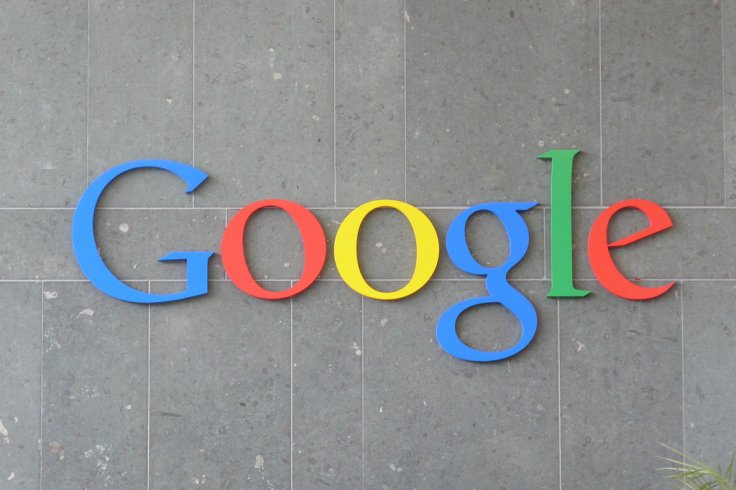
Google's email service Gmail that has nearly 1.5 billion monthly active users turned 15 on Monday.
Created by Paul Buchheit on April 1, 2004, Gmail started with an initial storage capacity of one gigabyte per user.
Today, Gmail allows 15GB free storage. Users can receive emails up to 50MB in size, including attachments, while they can send emails up to 25MB in size.
In order to send larger files, users can insert files from Google Drive into the message.
"Yahoo Mail has 228 million users a month. Little by little, Gmail displaced incumbents like AOL Mail and Hotmail," reports CNET.
It's still a free product for consumers but Gmail has now become a paid suite of enterprise products, including presentation and word processing software.
A year after Gmail, the company launched Google Maps which is now the leading map service on the web.
Google also bought Android and YouTube, the biggest mobile operating system and video-sharing site.
The company built the Chrome browser, which replaced Microsoft's Internet Explorer as the preferred choice of the end users.
"All those Google products have more than a billion users each. Android alone powers almost nine out of every 10 smartphones shipped globally," the report added.
Google in January released a new interface design for the mobile version of Gmail that includes new visual implementations, as well as feature additions.
As part of the new design, users will be able to quickly view attachments like photos without having to open or scroll through the entire conversation.
Google is also reportedly testing a set of new inbox features like pinned messages, reminders and category bundles for the new Gmail for Android.
Google rolled out the big redesign of Gmail in 2018 and added several new features, including Smart Reply, email snoozing, follow-up Nudges and hover actions, as well as the inline attachments and images on Android.









